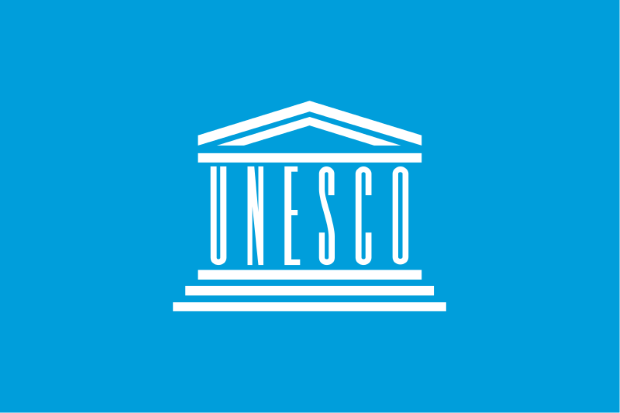The United Nations Educational, Scientific and Cultural Organization (UNESCO), the specialized agency of the United Nations (UN) aimed at promoting world peace and security through international cooperation in education, arts, sciences and culture was founded on this day in 1945 as the successor to the League of Nations‘ International Committee on Intellectual Cooperation.
UNESCO’s founding mission, which was shaped by the World War II, is to advance peace, sustainable development and human rights by facilitating collaboration and dialogue among nations. With a constitution that establishes the agency’s goals, governing structure, and operating framework, UNESCO pursues its objectives through five major program areas: education, natural sciences, social/human sciences, culture and communication/information. It sponsors projects that improve literacy, provide technical training and education, advance science, protect independent media and press freedom, preserve regional and cultural history, and promote cultural diversity.
It has 194 member states and 12 associate members, as well as partners in the non-governmental, intergovernmental and private sector.
Headquartered in Paris, France, UNESCO has 53 regional field offices and 199 national commissions that facilitate its global mandate.
As a focal point for world culture and science, UNESCO’s activities have broadened over the years; it assists in the translation and dissemination of world literature, helps establish and secure World Heritage Sites of cultural and natural importance, works to bridge the worldwide digital divide, and creates inclusive knowledge societies through information and communication. UNESCO has launched several initiatives and global movements, such as Education For All, to further advance its core objectives.
-Wikipedia



Comments are closed, but trackbacks and pingbacks are open.